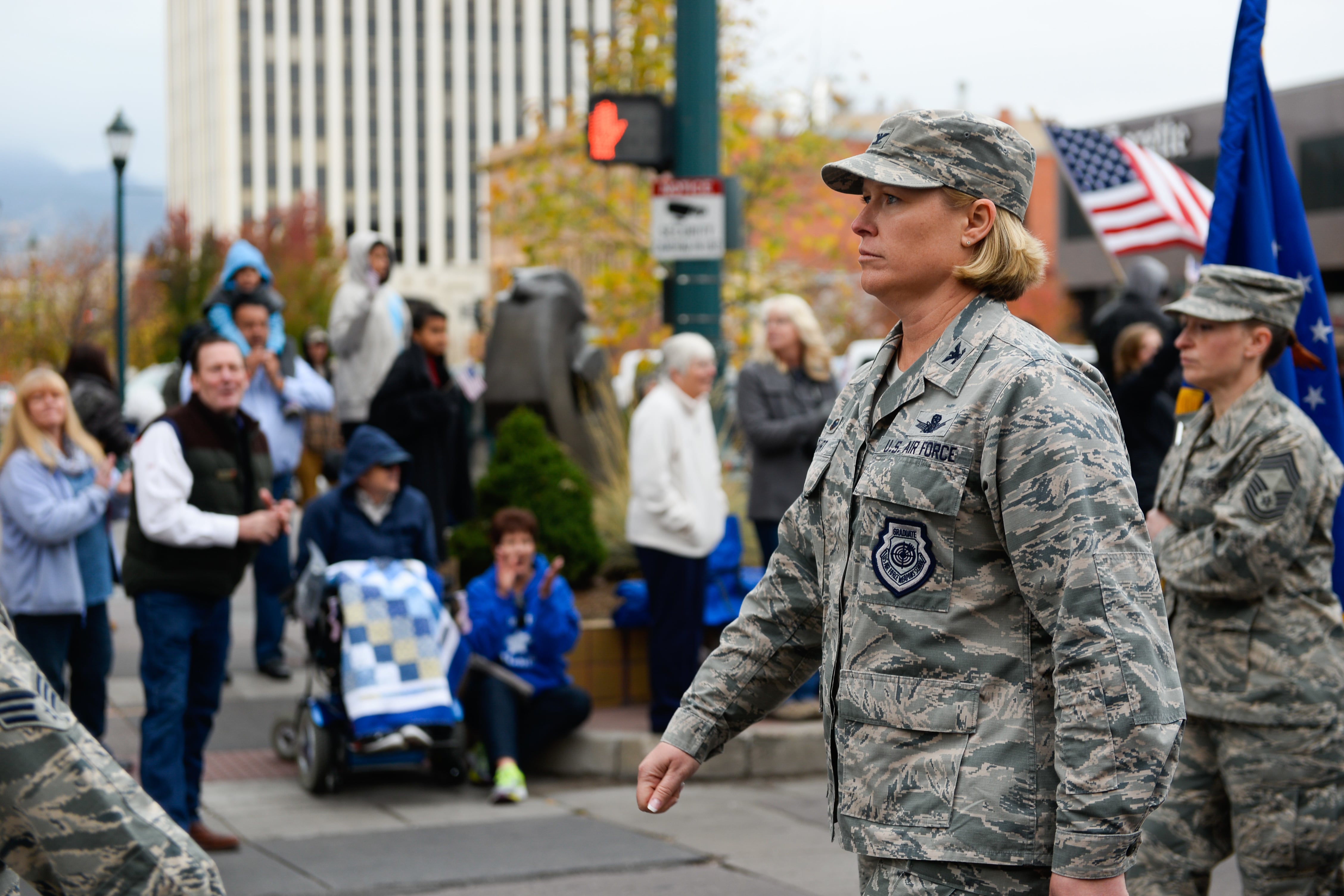The Veterans Affairs Million Veteran Program has reached almost one million veterans, but it needs more women.
The project, launched in 2011, is one of the world’s largest research efforts on genetics and health. More than 840,000 veterans have participated, forming a massive database that’s the backbone of 65 scientific studies already and at least 30 more pending.
But only about 75,000 of those participants thus far are women, a small fraction of the more than 2 million women veterans in the United States today. Program officials for the last few months have been working to boost that number in the hopes of providing new medical breakthroughs to aid not just women veterans, but all Americans.
RELATED

“[Our research projects] represent a large number of disease areas that are highly prevalent in veterans, like post-traumatic stress disorder, depression, and Gulf War illness,” said Sumitra Muralidhar, director of the Million Veteran Program. “And then we have other chronic conditions, cancer, heart disease, diabetes, chronic kidney disease.
“Genetics is only part of the risk for most diseases … so in order to tease out the genetic contribution, you really need very large numbers of specimens.”
The participation rate among women and men veterans in the program is roughly equal, and the percentage of women veterans nearly matches the percentage in the veterans population as a whole.
But the total numbers are what matter in genetics research, and Muralidhar said doubling or tripling the number of women veterans in the program would allow for better investigation into gender-specific health issues, a priority of both the department and lawmakers.
Women make up about 10 percent of the country’s veterans population today, up from about 4 percent in 2000. In another 20 years, that figure is expected to top 18 percent.
That has led to advocates and department officials working to shift VA operations from a male-only approach to health care to more balanced offerings. But Muralidhar said the benefits of more thorough research aren’t just for women vets, but instead for anyone who may benefit from new treatments or therapies related to specific illnesses.
RELATED

“Many of the veterans who participate, they are so altruistic and aren’t really even looking for a direct benefit to them,” she said. “What we learn from this program is going to benefit veterans and beyond veterans for a long time.”
Veterans who participate in the program are asked to complete a 30-minute health survey and donate a blood sample for genetic analysis. Researchers can compare those findings to the veterans’ other health data and conditions, but do not have access to specific identifying information of the individuals involved.
“We remove the names, social security numbers, date of birth — things like that are stripped out,” Muralidhar said. “So all the researchers can see is a code.”
Veterans interested in the Million Veteran Program can access participation details through the VA web site.
Leo covers Congress, Veterans Affairs and the White House for Military Times. He has covered Washington, D.C. since 2004, focusing on military personnel and veterans policies. His work has earned numerous honors, including a 2009 Polk award, a 2010 National Headliner Award, the IAVA Leadership in Journalism award and the VFW News Media award.




